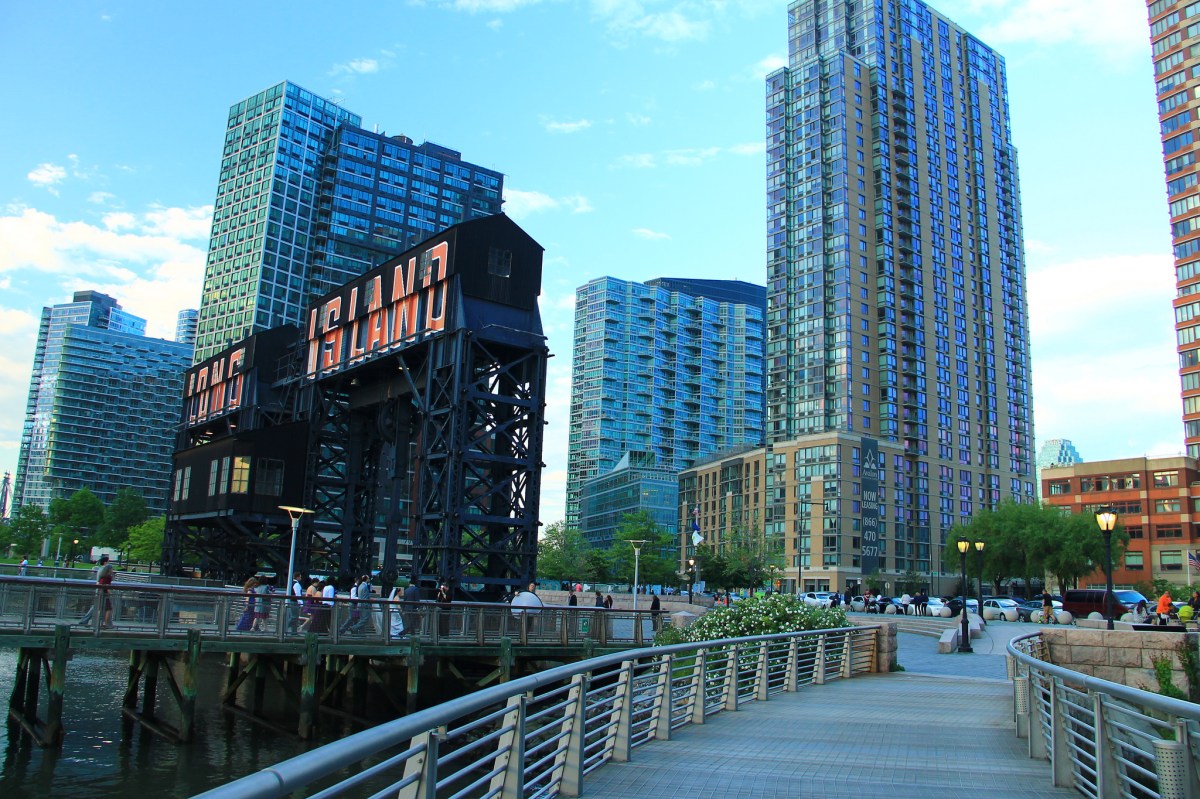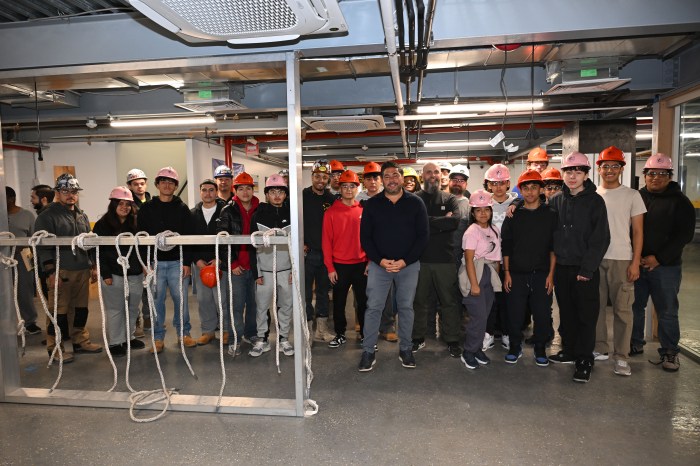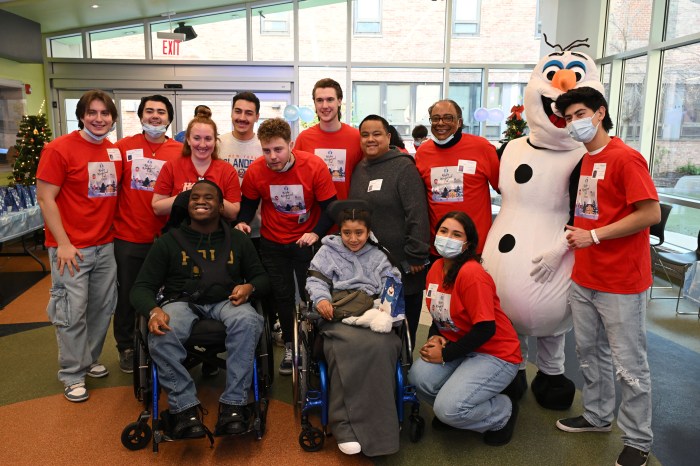Mayor Bill de Blasio announced a new $500 million initiative on Tuesday that would bring 16,000 biotechnology jobs to the city.
The initiative, called LifeSci NYC, would bring a life sciences campus to Long Island City or the Lower East Side. According to Maria Torres-Springer, president of the Economic Development Corporation, $100 million would be invested to “create a world-class applied life sciences campus to serve as a new hub for the sector.”
The campus would focus on “cutting-edge cures, novel technologies” and building new companies. There has been a 16 percent growth in the biotechnology sector since 2009, which has convinced the city to invest in new jobs in that industry, de Blasio said.
Jobs would include lab technicians, microbiologists, research scientists, data analysts, medical coders, marketing managers, sales associates and more. About 80 percent of these jobs require a bachelor’s degree or less and the average salary in the sector is $75,000.
Approximately 9,000 jobs will be in commercial life sciences and 7,000 “indirect jobs” will be created in other industries such as marketing or construction.
“This is a sector that could reach 100,000 jobs or more in this city if we make the right investments quickly, if we work with all our partners aggressively and agilely and we maximize our competitive advantage,” de Blasio said.
Councilman Jimmy Van Bramer, who represents Long Island City, said he will advocate for the campus to be built in the neighborhood.
“It is essential that the city remain an attractive place for scientists, engineers and all who work in the life sciences, and I am pleased to work with the administration to bring a life science campus to New York City,” he said. “I can think of no better place to locate this campus than Long Island City, to make these jobs and training opportunities available to Queens residents. I will continue to advocate for this campus to be sited in our neighborhood.”
As many as eight existing nonprofit institutions that focus on research in the life sciences industry will receive $50 million for research and development facilities and more than $300 million in tax incentives will be dolled out to develop new lab space.
“To put it in perspective, Boston currently has 18 times the amount of commercial space available for life sciences companies as we do here in New York City,” Torres-Springer said. “We can’t expect the companies and the jobs of tomorrow to go and stay here if there is no way for them to work.”
The city is committed to providing nearly 3 million square feet for life science companies over the next 10 years. Tax incentives will help defer the costs of building the space “at a rate that early stage life science companies can afford,” Torres-Springer said.
A public-private partnership, worth $7.5 million, will provide 1,000 internships to New York City high school, college and doctoral students. Dr. Harold Varmus and Dr. Vicki Sato, experts in this field, will create an advisory council to to inform the city on strategic investments.
The city will also invest $10 million in up to five new incubator and innovation centers, and the first incubator is expected to open by the end of 2017.
A request for expressions of interest will be released next spring to choose a site for the life sciences campus and applications for the 1,000 internships will also be released next spring.
“The products that are created – that save lives, that improve lives, that address health problems that were previously believed to be beyond our reach – it’s one of the most exciting elements of this sector,” de Blasio said. “The way a single product might change the lives of thousands of people.”
For more information on LifeSci NYC, visit the website.





































